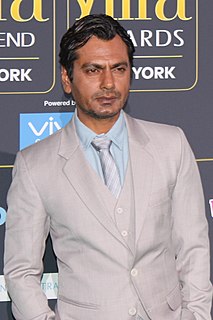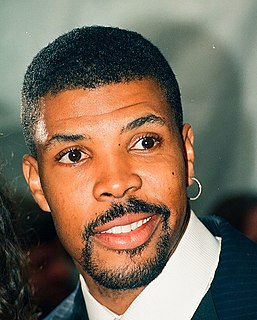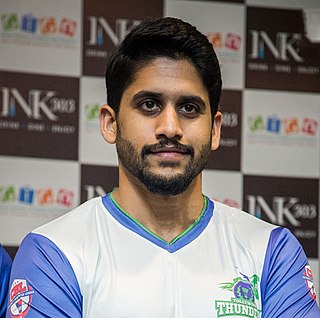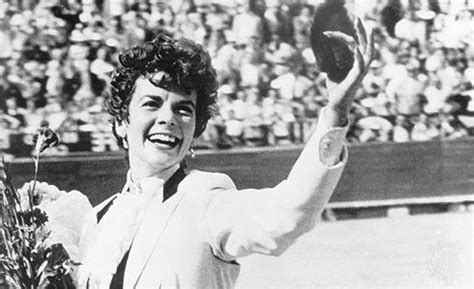A Quote by Steve Guttenberg
There's tons of waste on every film. It really doesn't matter the budget, as long as it hits a bull's-eye.
Related Quotes
We have all learned everything we know physically—from walking to running a marathon—by trial and error, so there's no reason to become our own worst enemies when we suffer a setback. From time to time everyone falls short of their goals. It's an illusion to believe that champions succeed because they do everything perfectly. You can be certain that every archer who hits the bull's-eye has also missed the bull's-eye a thousand times while learning the skill.
After that really, I spent the majority of the spring going to tons and tons of regional festivals throughout America. Every corner of the country, I took the movie to twenty film festivals or something to that extent. I've lost track. Probably done Q&As 40-50 times at this point. It's always hard to watch something I've made, but I've got a little more objectivity and kind of see the film as not just an extension of myself.
In fighting a bull you're always aware of a paradox concerning your perceptions of the bull. On the one hand it's your perceptions of the bull that give you the upper hand. You read the bull, you learn to read the bull more and more accurately, and this reading of the bull is how you deploy your intelligence against the bull's intelligence. Your accuracy in reading the bull is a weapon, maybe your most important weapon, against all the bull's weapons. On the other hand, you're human, you have the human tendency to read into the bull things which may not actually be there.



































